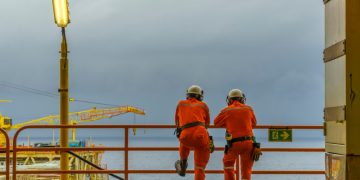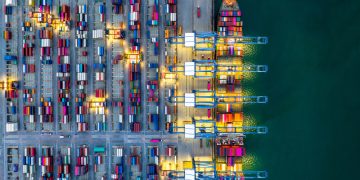The Australian Maritime Safety Authority (AMSA) has issued a ‘refusal of access Direction’ to a Netherlands-flagged general cargo ship, banning it from entering Australian ports for 180 days.
On 6 February 2024, the vessel was detained at Port Alma for improper stowage of dangerous goods – contrary to the International Maritime Organization’s International Maritime Dangerous Goods (IMDG) Code. Despite this, during a port State control (PSC) inspection at the same port on 14 November 2024 (9 months later), the ship was again detained for improper stowage of dangerous goods.
This recurrence highlights systemic failures in the ship’s safety management system and a serious lack of effective remedial action. The detention is the fourth since July 2022 for a vessel operated the same company failing to comply with the IMDG Code’s requirements for stowage of dangerous goods.
These repeated failures demonstrate an inability to ensure safe operational practices across the fleet. The detention rate of the company significantly exceeds the global average (12.6% over the past 2 years), with multiple ships detained for International Safety Management Code failures and other safety-critical deficiencies.
AMSA Executive Director Operations Michael Drake said the authority had escalated its enforcement action to send a clear message to the operator that this risk to safety and the marine environment would not be tolerated in Australia.
Drake emphasized that, given the seriousness and nature of the breaches, as well as the apparent lack of effective processes to rectify the failings, it was deemed appropriate that the vessel be prohibited from entering or using an Australian port for a period of 180 days.
He also stated that AMSA took its role as a maritime safety regulator very seriously and would not hesitate to take swift and appropriate action against unsafe ships, their owners, and operators.
Mr. Drake further explained that international minimum standards were in place to protect the lives of seafarers, as well as marine and coastal environments, and he stressed that when it came to loading dangerous cargo, there was no room for non-compliance, adding that there was no excuse for disregarding these standards.




























































